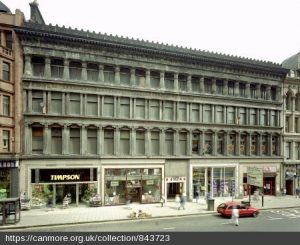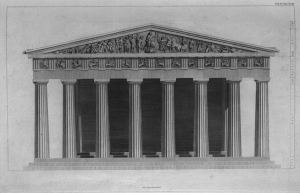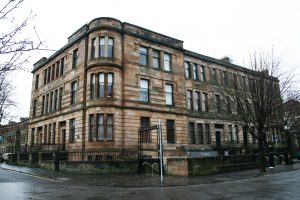To celebrate the bicentenary of Alexander ‘Greek’ Thomson‘s birth a programme of events and activities have been planned to take place throughout 2017. We will continue to update this calendar throughout the year with more and more exciting events as these are confirmed so please keep checking back. You can also sign up to our e-mail newsletter here to stay up to date.
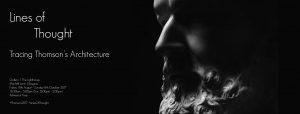
Lines of Thought is an exhibition about architectural drawing and representation and is devoted to the work of Alexander Thomson, one of Glasgow’s most renowned nineteenth century architects. Curated and organised by the Alexander Thomson Society it celebrates the bicentenary of Thomson’s birth in April 1817 through a selection of original drawings by the architect and those of others who have later recorded or interpreted his work in a range of media including pen and ink measured studies, detailed digital renderings, precision models, journals, publications, sketches, film and the more abstract work of artists. The intention is to reveal the industrious, creative as well as the more complex side of the architect, his prolific imagination and uniquely creative architectural contribution to the architecture of the city of Glasgow and the Clyde estuary.
The exhibition is timed to coincide with the 13th biennial International Conference of the European Architectural Envisioning Association with a 3 day conference titled Space Time & Meaning hosted by the Glasgow School of Art and organised by the Mackintosh School of Architecture and the School of Simulation and Visualization.
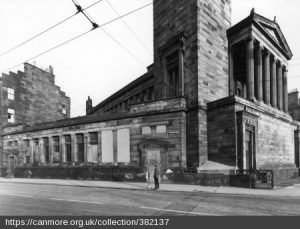
Things as they are/as they ought to be is an exhibition of works spanning sculpture, film and textiles by artists Olivia Jones and Alberta Whittle. Taking place inside the ruin of Alexander ‘Greek’ Thomson’s first church, the building’s context and style have acted as catalysts for conversations surrounding memory, history and appropriation between the curator and contributing artists. Experimenting with the tensions around dominant/collateral narratives and attributions, Jones and Whittle’s work seeks to explore such pressures and focus on historical interpretations or connotations that are often neglected.
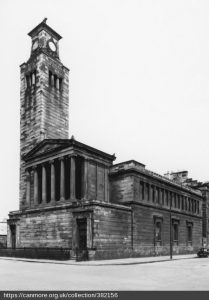
Mark Baines is the chairman of the Alexander Thomson Society, an organisation that protects Alexander ‘Greek’ Thomson’s legacy and his architectural heritage. This talk will look at the former Caledonia Road Church along with other buildings designed by Thomson on the South Side of the city, including Walmer Crescent, Moray Place and a number of lost buildings in Laurieston and Huthchesontown.
Delivered as part of House for an Art Lover’s 2017 Heritage Programme.
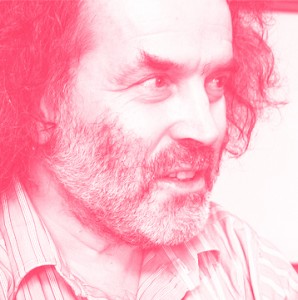
Alexander Dennistoun commissioned a grand design from James Salmon for a new middle class suburb. However, as the 19th century ended, pressure to house Glasgow’s influx of workers forced higher population density, creating the community’s extraordinary variety. Led by Roger Guthrie of the Alexander Thomson Society.
Meeting point: Duke Street Post Office (1 Annfield Place)
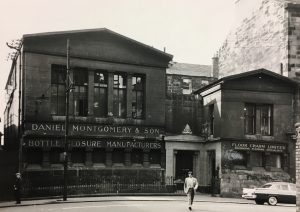
Lost Thomson: Glasgow’s Loss
Thursday 21 September, 6pm
£10 (£5 discounted rate for members of the Glasgow Art Club)
In his bicentenary year, Fiona Sinclair gives an insightful talk on the lost works of the eminent architect Alexander ‘Greek’ Thomson.
Please arrive at 6pm for a welcome drink, with the talk commencing at 6.30pm sharp.
Alexander Thomson was born in Balfron, Stirlingshire, on 9th April 1817 and died in Glasgow on 22nd March 1875 at his home at no.1 Moray Place in the terrace he had himself designed.
Thomson was extremely successful with a large clientele for medium-sized villas and terraces of cottages in Pollokshields, Shawlands, Crossmyloof, Cathcart, Langbank, Bothwell and Cove and Kilcreggan.
In his day, Thomson was conspicuous for his originality in producing a distinctive modern architecture from the lessons and precedents provided by the Greeks, Egyptians and other ancient civilisations, and made extensive use of new materials like cast-iron and plate-glass.
His personal Graeco-Egyptian style was almost entirely confined to Glasgow, where he designed commercial warehouses, blocks of tenements, terraces of houses, suburban villas and three extraordinary Presbyterian churches, of which the St. Vincent Street Church is the only intact survivor.
Other important works still standing include Moray Place, Great Western Terrace, Egyptian Halls in Union Street, Grecian Buildings in Sauchiehall Street, and his villa, Holmwood, at Cathcart, which is now owned by the National Trust for Scotland.
Whilst a wealth of Thomson buildings remain there are also a significant number that have been tragically lost over the years. The reasons for these losses are several, from Thomson demolishing his own buildings – as with the Scottish Exhibition Rooms on Bath Street, through to bombing during World War II – as with Queens Park Church. The most common reason for the loss of these buildings however was redevelopment during the 1960s and 70s.
The losses were primarily tenemental properties spread throughout the city, however also included were two hotels, a printing works, a sculpture yard and two churches; Chalmers Memorial Free Church in the Gorbals and Queen’s Park Church.
Following his death in 1875, a marble bust of the architect by John Mossman was presented to the Corporation (now in the Kelvingrove Art Gallery) and the Alexander Thomson Travelling Studentship established, of which the second winner was Charles Rennie Mackintosh.
A map of the ‘lost’ buildings can be viewed here
Fiona Sinclair, is a Glasgow based architect and author with a passion for historic buildings.
If you wish to find out more about becoming a member of The Glasgow Art Club please visit our website
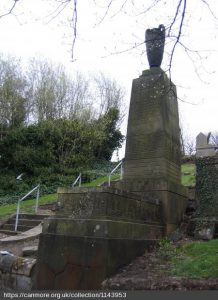
These informal and informative tours of the Glasgow Necropolis will be undertaken, weather permitting, as per the dates noted below. The tour guides assigned to each tour are also listed below. The assignations are subject to change.
In 2017 as part of the Alexander ‘Greek’ Thomson bicentenary celebrations, the Friends will be undertaking Friday Evening Walking Tours with a focus on the architecture in the Necropolis. These tours last approximately one hour.
Prior booking is essential, with members of The Friends of the Glasgow Necropolis having priority booking. All other places will be allocated on a first come basis and the meeting point will be provided with every confirmed booking.
Please contact glasgownecropolistours@gmail.com with details of the tour that you wish to attend and the number of places that you wish to reserve.

